Winston Churchill never visited Burma (Myanmar), but he had a family connection.
As Secretary of State for India in 1885, his father Lord Randolph Churchill (1849-1895) had pushed for the conquest of Upper Burma as a new year’s gift to Queen Victoria.
Churchill saw the annexation of Burma as his father’s only real lasting legacy as a politician (an ailing Lord Randolph even made a trip to Burma in 1895, wanting to see the province “which I annexed” before he died).
But how could the young Churchill have known that sixty years later he would be standing in the House of Commons to witness the separation of his father’s province from the British Empire forever?
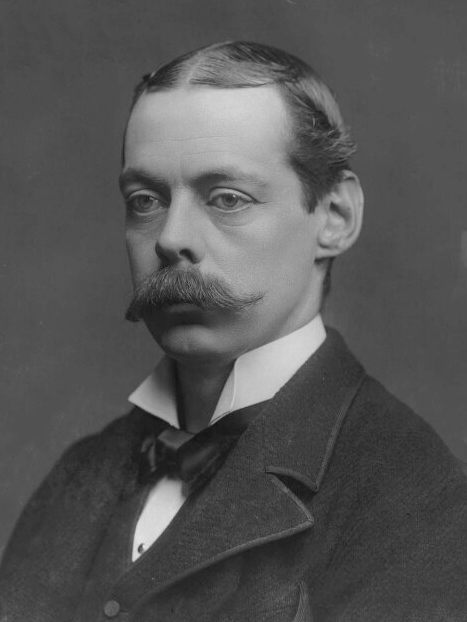
Sir Winston Churchill (1874-1965) was born in the era of high colonialism, when the “sun never set” on the British Empire, and Britain’s imperial writ seemed to span the globe.
He started his career as a military journalist and erstwhile soldier in Cuba, India, Sudan, and South Africa, experiences which he parlayed into a successful bid for Parliament in 1900.
Churchill was a diehard imperialist and a racist who believed that white people had an inherent superiority over the so-called “lesser” races of the world.
He notoriously called Gandhi a “half-naked fakir” and he held deplorable views on race.
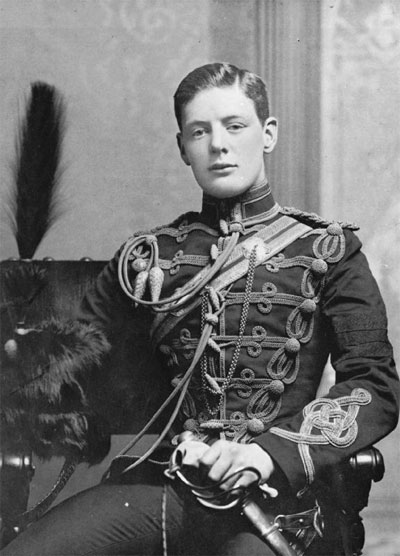
Churchill came of age during a period that was also marked by widespread resistance to British rule by colonial peoples from India to Africa, and the Caribbean.
Far from supporting the anti-colonial cause, however, Churchill was indefatigable in squashing colonial dissent – first as Under Secretary of State for the Colonial Office, and later as Secretary of State for the Colonies, and Prime Minister.
He deployed the infamous paramilitary groups known as “black and tans” in Ireland in 1920, and he was Prime Minister during the violent suppression of the Mau Mau Uprising in Kenya in 1952, which involved the use of torture and concentration camps.
Defending his hardline approach, Churchill always argued that British rule promised a level of protection and development for colonial peoples that they would be unable to achieve for themselves.
But the case of Burma in World War Two would prove him wrong.
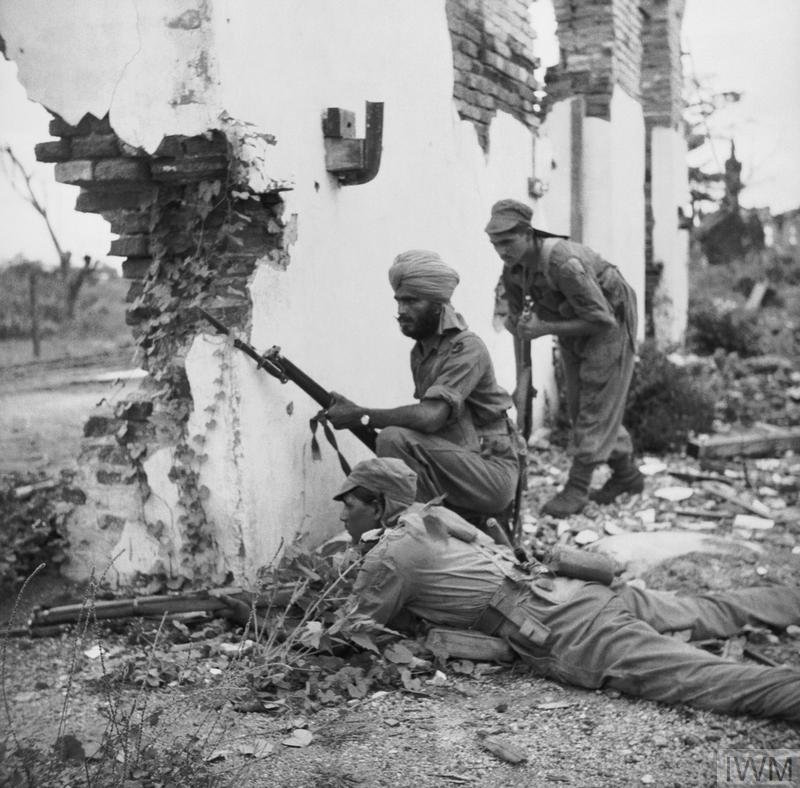
It was Churchill’s administration and not the Burmese who had failed to fortify Burma against the threat of Japanese invasion, and the country was quickly overrun by Japanese imperial troops in 1942.
(Burma had been the rice bowl of India, and in the absence of Burmese rice imports, Churchill’s decision to redirect the rice supplies of Bengal to the army (or in some cases simply destroy them in an effort to deny them to the advancing Japanese) resulted in the deaths of 2.1-3 million people during the Bengal Famine of 1943, and fueled support for Gandhi and the Quit India Movement, which Churchill saw as a mere “fifth column” undermining the British war effort).
The rapid loss of Hong Kong, Singapore, Malaya, and Burma to the Japanese and the near loss of northeastern India in 1942 was a deeply embarrassing episode for the Prime Minister.
The Japanese conquest of Burma proved how tenuous was the British Empire’s hold on her Eastern possessions, and how little the local populations had tried to fight for their “benevolent” colonial rulers.
The reconquest of Burma in 1945 also showed how well the Indian Army – which Churchill often disparaged – could fight.
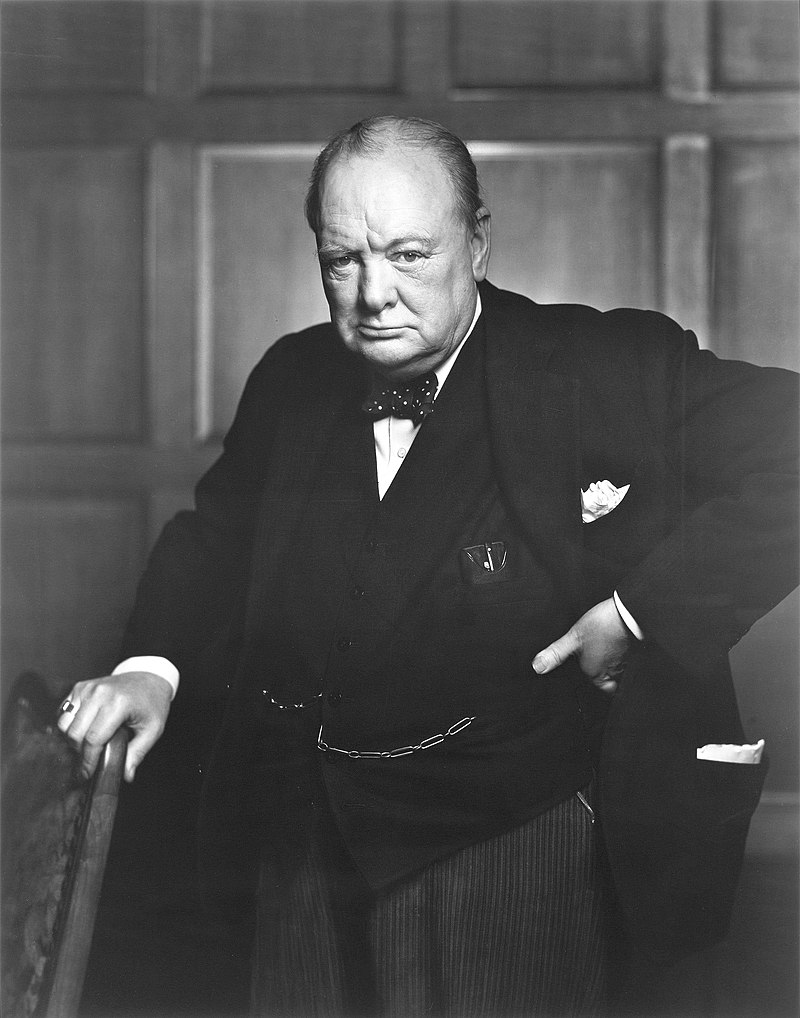
Though Burma was reconquered under his watch, the country was never the same as it had been pre-1942. For instance, two thirds of Burma’s infrastructure was simply gone – destroyed by the retreating British and advancing Japanese.
Regular administration had fallen apart, and Communist and ethnic insurgencies were quickly gaining momentum.
Moreover, a Burmese Independence Army (BIA), which had been given training and support by the Japanese, was demanding full independence for the country posthaste.
In the meantime, Churchill’s Conservative Party had lost the general election in Britain in 1945.
The new Labour administration under Clement Attlee (1883-1967) recognized the difficulty of fighting colonial wars on a global scale and the need to focus on rebuilding a war-torn Britain (whose economy was heavily in debt to the Americans).
The principal leaders of the Burmese interim government – including a young BIA General Aung San (father of democracy activist Aung San Suu Kyi) – met with Attlee in London in January, 1947 to negotiate self-government for Burma.
They agreed that Burma would receive complete and total independence (it would not even become part of the British Commonwealth).
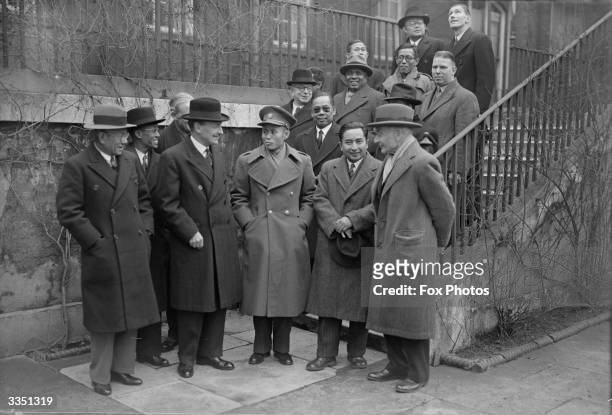
It was in this context that Churchill rose to address the House of Commons on the eve of the Burma independence vote.
“It was said, in the days of the great Administration of Lord Chatham, that one had to get up very early in the morning in order not to miss some of the gains and accessions of territory which were then characteristic of our fortunes.”
“Now,” Churchill bemoaned, “the British Empire seems to be running off almost as fast as the American Loan.”
The crux of his speech was straightforward: Burma was not ready for self-government.
To his mind the whole affair had been rushed. The country was in shambles and Britain would be leaving Burma in questionable hands. Churchill called Aung San a “traitor rebel leader” who had sided with the Japanese and “whose hands were dyed with British blood and loyal Burmese blood”. He argued that Burma’s “hill tribes”, some of whom had supported Britain in the War, had not given their assent to independence, and he presaged a “bloody welter” that would break out between them and the ethnic Burmese when the British were gone.
Finally, the new Burmese government was to be a Socialist one set on nationalizing British industries, and “no effective provision has been made for compensation.” British commercial power would be damaged.
Instead, Churchill advocated a gradual shift to dominion status for Burma within the British Empire and not full independence.
He warned that the outcome of the vote would prove a great historical mistake: “I say this to the Government: You shall bear that burden. By your fruits you will be judged. We [Conservatives] shall have no part or lot in it.”
Churchill lost the vote – 288 in favor, 114 against — and Burma became independent on 4 January 1948.
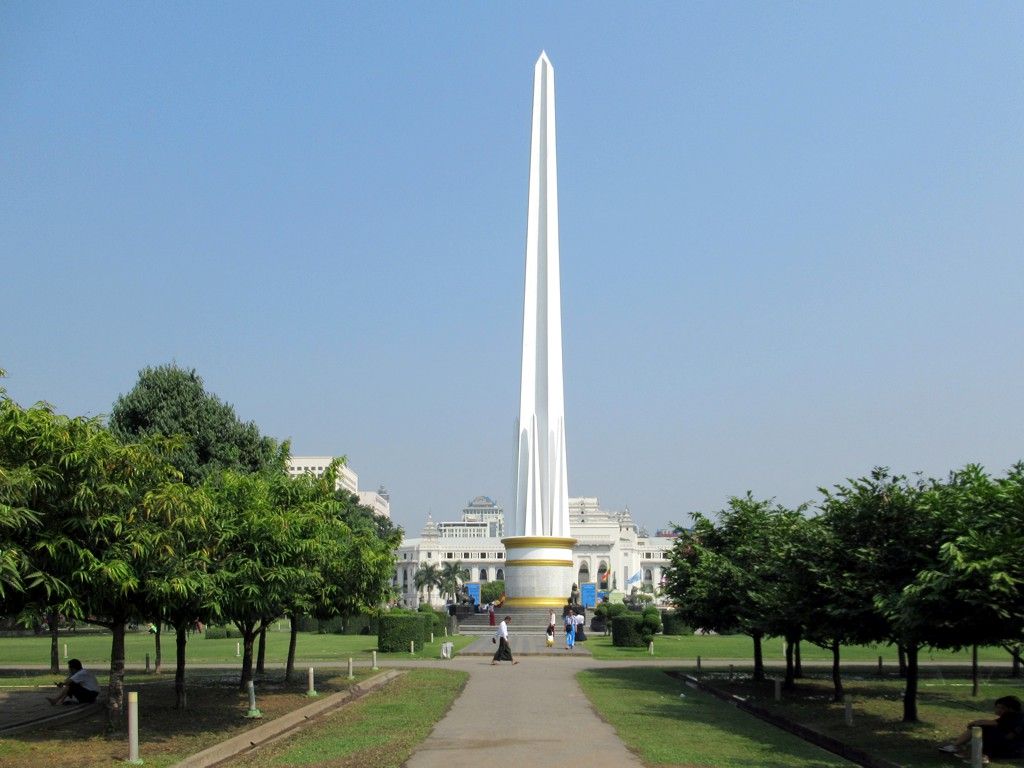
In some respects, Churchill’s predictions were proven right. In 1949, Burma devolved into a widespread civil war between the Communists, ethnic insurgencies and the State — the very “bloody welter” he had foretold.
But he was also wrong in that Britain would likely have had to fight another war to keep Burma (a war which might’ve dragged on for years like Britain’s violent attempt to keep control of its colony in Malaya which lasted until 1957).
The Burmese government was not ready to accept Dominion status and British troops would’ve had to impose it by force. Also, the United States was keen for Britain to give up its colonial possessions, and at the time, they effectively controlled the pound sterling through the War Loan (a fact that they demonstrated when they began selling off their reserves during the Suez Crisis of 1956).
Renegade British officers also did not help the situation by helping to arm the various ethnic groups and potentially even the assassins who killed Aung San and his cabinet in July of 1947.
(By 1949, of the six Burmese ministers who had met Attlee in London in 1947, four were dead and two had resigned).
The situation was indeed dire.
Later on, in 1955, when Churchill was out of government and rapidly growing older, he met the first prime minister of an independent Burma, U Nu (1907-1995), in London.
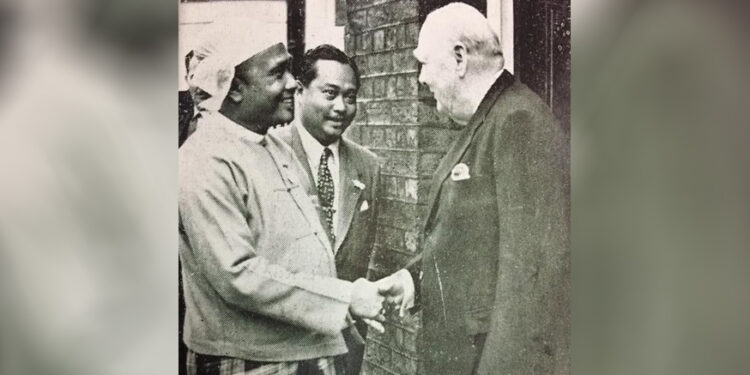
Nu later wrote that “by that time Sir Winston had slowed down considerably. He walked with some difficulty and his gait, as he descended the stairs, was awkward and unsteady.”
“Sir Winston was also hard of hearing, which compelled U Nu to shout his words. As they sat at a table, there was a bottle of liquor on it. A single glass reposed beside, Sir Winston asked, “Where’s the glass for U Nu?”.
The secretary told him U Nu [as a devout Buddhist] did not drink.
When they stood outside for photographs, Churchill suggested that they agree to “bury our old animosities” and U Nu accepted.
Within seven years, U Nu’s quasi-democratic government would be ousted in a pro-military coup that plunged Burma into sixty-odd years of dictatorship.
By 1965, Churchill was dead.
One thing was evident to everyone present that day: the Churchill family had played a major, if highly problematic, role in the history of modern Burma – one that has had reverberating consequences up until today.

